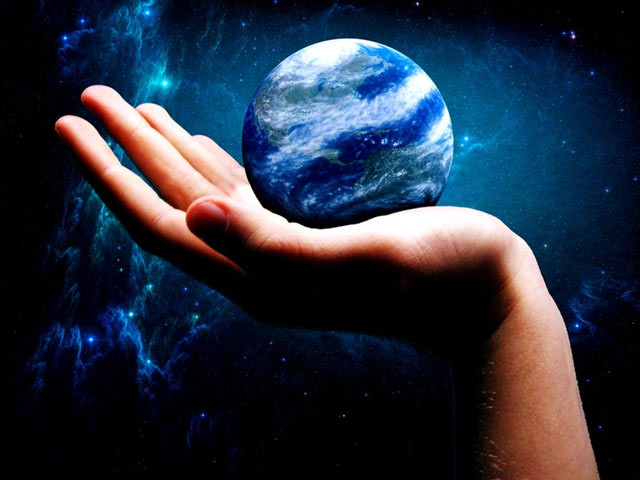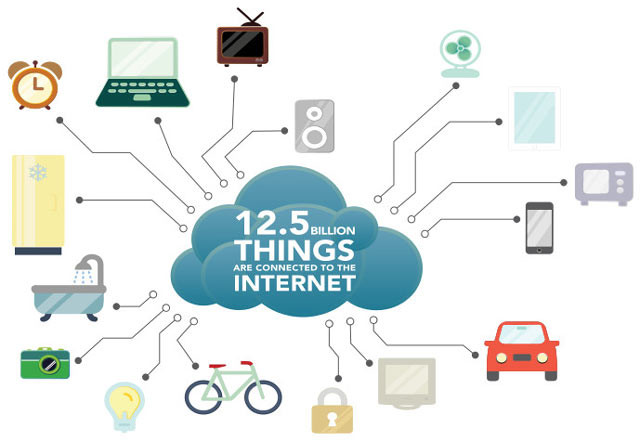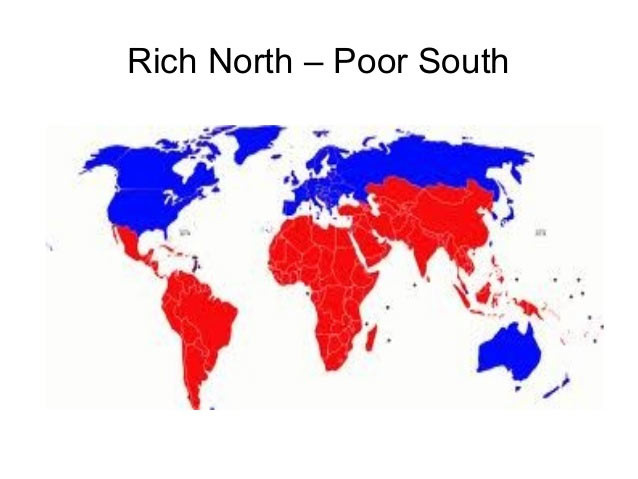How does Al revolution help us answer the most fundamental problems of philosophy? (End)
Who I am? I was born to do? We humans are born to be creative, to master work and tools, not as slaves of habits and machines. We have a responsibility to face the challenge when artificial intelligence engines become more and more popular, not waiting for their dominance. That is the main message that PhD doctor of computer science, Li Kaifu (Kai-fu Lee) wants to send to the reader through his entire article.
Summary part 3: AI gives us a lot of added value in business and society but AI is still a human creation but not a substitute for human intelligence
- How does Al revolution help us answer the most fundamental problems of philosophy? (Part 1)
- How does Al revolution help us answer the most fundamental problems of philosophy? (Part 2)
- How does Al revolution help us answer the most fundamental problems of philosophy? (Part 3)
PART 4: Al helps connect our creations and big problems need to be solved when Al explodes

We are born to be creative and AI helps to connect those creations
So my initial dream of finding out who we are, why we exist has ended in failure. Although we have invented all the wonderful and wonderful tools for our future, for our children, for our society, we still don't understand why humans exist. For me, the interesting thing is, when it comes to understanding that these AI tools are doing repetitive tasks, it will certainly come back to tell us that doing repetitive things can't make us turn. into people. The appearance of AI at least eliminates what is not a reason for us to exist on this earth.
If tasks in work account for half of our time, then the other half is to think about why we exist. A very reasonable reason for existence is that we are here to be creative. What AI cannot do can be a viable reason for us to exist. There is such a direction, that we are creative. We create everything. We celebrate creativity. We are very creative about the process of science, healing, writing books, script writing, creative storytelling, doing a smart job on marketing. This is the creativity that we should celebrate, and maybe that's what makes us human.
Another view of what AI cannot do, is love. We love each other, we really connect with people, and we want to help people. By helping people, we have a sense of self-worth, dignity and self-awareness. Someone has said that maybe the reasons for us to exist are that we have the ability to create and to love.
AI has traveled many places to finally teach me that our brains are too difficult to understand. It is not just a part, it is our whole body and our whole way of thinking. It is our whole evolution. What the AI did could come back to say, "Hey, Kai-fu, maybe you and the industrial revolutionary man tricked into thinking that repetitive jobs are a reason for If you think like that, don't do it anymore, AI is taking away all of that work, Only what AI can't renew can be a reason for your existence. It is possible that creativity, maybe love, may be something else, but it is certainly not routine work ".
To me, the truth is that I have purposely pursued the human brain and ultimately failed to achieve that goal. Using AI as a tool can solve problems, make money, and eliminate labor from our lives, those who work with us have achieved great things. We have to go back to the starting point and think about who we are. Are we here to be creative, to love, or to do something else?

(Photo: JamesBensonArt)
If we look at the history of computing, we started by connecting people to information on a computer, and then the Internet appeared to connect all computers together. So we can access more information. It is not easy to find information, so search engines help us find them, and when we want to go beyond information, social networks connect us together. We want to connect at anytime, anywhere, so mobile allows us to connect with people and information everywhere. That's what I want to talk about where we are.
We can see more important progress coming soon. For example, in China, payments take place immediately, without contact, micro-payments (very small online payments), peer payment. Anyone can pay someone. That will become another creative platform. Those types of creations will continue to increase and human-human networks, people-information, payment, access, our data will be accumulated more. And then AI will go into that system and make very important suggestions. In the future, the system will be a collection of people and machines.
The Internet of Things (Internet of Things-IoT) will be the next step to connect devices together. IoT has been mentioned for a long time. They have not taken off yet. In the near future, we can predict that microphones, video cameras will create content together and make very intelligent predictions about their traffic, people, and desires. Imagine when we are online, our cookies tell Amazon what we look at, what we buy and don't buy. These are used to enter Amazon's AI to offer sales suggestions to us. There are already shops: here is Amazon Go, and stores in China have cameras to know who has entered the room, who chooses which product, who buys the product. Those things will come back to become a powerful profile that is integrated online or offline.

Basically, we are aiming for a future where everything about us, online and offline, will become records used to bring us convenience. The next big step will be towards commercial privacy for convenience. Some people will not be comfortable with this, but it is an inevitable fact. Social networks will also increase in order to have more real and understandable names. And data from there will also create many values.
All of this will be directed at people and connected devices, data is extracted to create AI. That AI will bring convenience and value to users. Those of us who want that convenience need to trade our privacy. That's an interesting question, but I don't think most people will say "no".
Great problems to solve
When thinking about the benefits of AI, there are many ominous issues. One of them, as I said above, is the disappearance of work and how to solve this situation. Another problem is the rich and the poor. Those who are inventing AI algorithms, building AI companies will become rich. Those who have replaced jobs will become poor. The distance between them, whether the distance of wealth or power, will also increase, and may reach the largest level that mankind has ever experienced.

Similarly, companies with AI and traditional companies, slow to change will also have a big gap. Finally, and perhaps the most difficult problem, is the gap between countries. Countries with AI technology will be much better. They are creating and extracting values. Countries with a large proportion of the population are users, whose data is gathered and repeated through AI algorithms, which will have a good foundation. The US and China are having a good foundation.
Countries without good conditions are those that may have large populations but no AI, technology, Tencent, Baidu, Alibaba, Facebook, Amazon. Basically, users in those countries will become data points for countries that possess dominant software in user countries. For example, if most of a country in Africa uses Facebook and Google, they are providing data to help Facebook and Google make more money, but their jobs are still replaced.
Think about the situation in the US and China, where all AI companies will receive all the data and earn a lot of money. People will be fired, however, we can imagine the government is redistributing wealth from those who made it, maybe in the form of taxes, distributed to those without wealth, possibly in the form of UBI-basic income guaranteed or a certain variation. America and China are all right. But in another country, there are only those who are fired and have no creators, or most people who are fired and are very useful for a valuable company. Where will taxes be taken to get money for those who are fired? That is a big problem.
With the US and China being very strong in AI technology, companies benefit from data and there is a lot of data from their country and other countries will become very rich. Other countries will be in a difficult position. We are seeing Europe embarking on a number of challenges from this issue. Their reaction was to promote anti-dumping laws on US companies, a way to collect money from these companies. Certainly it is not a sustainable measure. There will be poorer countries in the developing and undeveloped world that are ambitious and hungry to use lower-cost labor to win business in production, and eventually set foot on the road back. into a developed country, for example China. Maybe that dream is no longer feasible. The low-cost labor formula has led China from a poor country to a relatively wealthy country that is no longer realistic, because AI and robots will take care of labor and production.
The large population, which used to be an asset in China's growth, will become a liability to many countries. The bigger the population, the worse your situation will be, unless that population has a significant percentage to create value, build AI, build companies and make money. This global geopolitical future is worrisome, because there must be some countries that have no choice but to become a US or Chinese dependent state: You take my data, I will do what you want, and you help me raise the poor.
Another possible consequence is that the state is no longer able to control poverty and instability in the country. The result is a country full of unhappiness, despite the law, or will be a second North Korea. You can imagine the situation is very worrying when a country falls into despair, not seeing the future of creating wealth, lagging behind. Someone may be optimistic and naive and say "Oh, hopefully there will be a world government someday because there will be enough money to divide it evenly for everyone". Historically, looking at all the stupid things we have done as humans, I don't expect that to happen.
These are the issues that we need to pay attention to in addressing the growing gap between rich and poor countries and people. I don't have a solution, but if we want to go back to the question of why we exist, at the moment, it can be said, certainly we don't exist to work in the habit. Maybe we exist to be creative. Maybe we exist to love. And if we want to be creative, create a variety of jobs that can use people. Create new ways in which countries work together. If we believe that we exist to love, first, think about how we can love those who will be at a disadvantage.
According to VnReview
See more:
- Free online artificial intelligence (AI) course of Finnish university
- 6 steps to start learning artificial intelligence programming (AI)
- Online courses on artificial intelligence (AI), certification
You should read it
- ★ How does Al revolution help us answer the most fundamental problems of philosophy? (Part 1)
- ★ Artificial intelligence learns to create another artificial intelligence, replacing people in the future
- ★ Watching pictures painted by artificial intelligence, everyone thinks that is the work of a true artist
- ★ How can the AI see us behind the walls?
- ★ [Infographic] Benefits and hazards from Artificial Intelligence